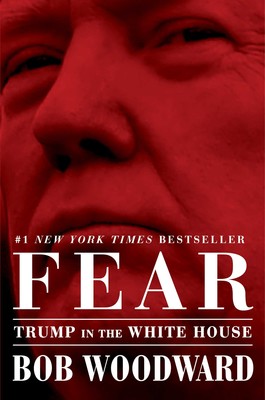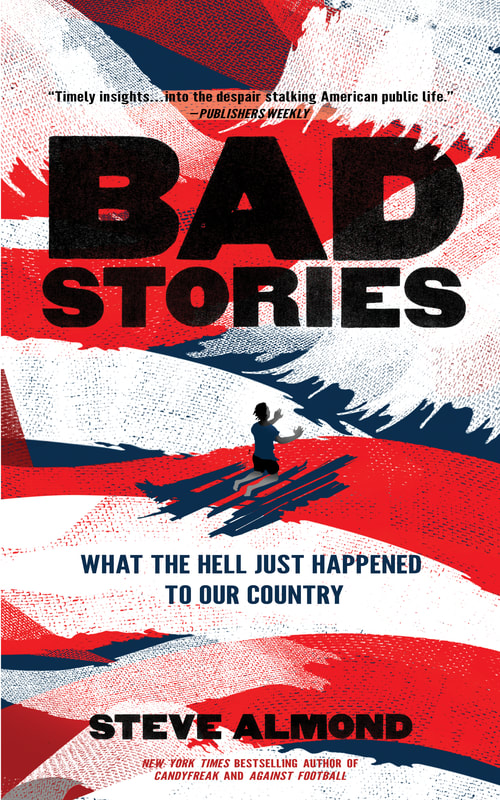Growing up as a photographer is like going to medical school and becoming an intern. You start understanding what the world is about and how to translate it into photographs. You may become more efficient, more proficient, more educated, more intelligent, more loving. If you’re not moved by what you’re looking at, your pictures will not contain the human response.
—Cornell Capa, p. 251
I think it was in 1996 or 1997 that I was working as a freelance transcriptionist when I got a series of tapes that changed me. Sitting alone in my room, I was hearing the voices of people who talked about events that I'd learned about in school, and many nobody could ever learn about because they were private knowledge from firsthand experience. These photographers had not only been on the frontlines of WWII, but behind the lines, in the rooms where Roosevelt and Stalin and Churchill sat; in a cave with Tito; on the sidelines as Hitler passed; on board the ship Vincennes when it was sunk in Guadalcanal (photographer Ralph Morse described, in the most matter-of-fact way, how men died right next to him and how “You’re in that other thousand that didn’t get scratched. Why? I don’t know. Your number wasn’t up.”*); with John Steinbeck supplying the back story that turned into The Grapes of Wrath; they had been with movie stars and poor black families that nobody ever heard of. And these were only the batch of audiotapes I transcribed. What about all the other interviews?
At the time, the entire collection comprised about half of the still-living original Life magazine** photographers—the first so-called photojournalists. At the time of their interviews, they were in their 80s and 90s and still humble and arrogant and regular people who had found themselves, mostly with no preparation, in extraordinary situations where they not only coped, but thrived. It was not just what they had witnessed that moved me; it was their ordinariness (and, in the case of a couple—Cornell Capa and Gordon Parks—their compassion). I'd listen and type for a while, then find myself lying on my floor sobbing, so overcome with the sound of their voices telling little me, an anonymous NYC transcriptionist, their history through my headphones. Nobody but John Loengard (the interviewer who was also a Life photographer who was tasked with videotaping these picture-taking historians) and his associates had heard this extraordinary material.
When I returned my transcripts to my boss at the transcription agency, I was gasping. "This stuff is unbelievable," I told her. "I can't stop crying." To which she responded that all the transcriptionists were reporting this reaction. Read More






 About a quarter of the way through this comprehensive history of everything leading up to the election of Trump and all the current events, Gary Cohn, the former president of Goldman Sachs who is the president's top economic advisor, attempts to explain our economy to Trump. He brings him copious research and data and finally makes it as simple as possible by asking: which would you choose—to go into a mine and get black lung or to make the same salary doing something else? He is attempting to intrude into Trump's belief that our trade agreements are disgraceful because we're losing manufacturing jobs—despite the data that more than 80 percent of our jobs are not in manufacturing and that a trade deficit is not a bad thing since it allows people to spend more money on what they're spending it on anyway—services. Nothing seems to penetrate.
About a quarter of the way through this comprehensive history of everything leading up to the election of Trump and all the current events, Gary Cohn, the former president of Goldman Sachs who is the president's top economic advisor, attempts to explain our economy to Trump. He brings him copious research and data and finally makes it as simple as possible by asking: which would you choose—to go into a mine and get black lung or to make the same salary doing something else? He is attempting to intrude into Trump's belief that our trade agreements are disgraceful because we're losing manufacturing jobs—despite the data that more than 80 percent of our jobs are not in manufacturing and that a trade deficit is not a bad thing since it allows people to spend more money on what they're spending it on anyway—services. Nothing seems to penetrate.


 James Comey is a very good writer, storyteller, and teacher, so on a literary level (except for one odd plot order choice—the highly dramatic John Ashcroft hospital showdown between Comey and Bush representatives—which I suspect has to do with the need to insert a ton of detailed background information), this book works.
James Comey is a very good writer, storyteller, and teacher, so on a literary level (except for one odd plot order choice—the highly dramatic John Ashcroft hospital showdown between Comey and Bush representatives—which I suspect has to do with the need to insert a ton of detailed background information), this book works.

 This book is staggeringly good. I was familiar with Steve Almond from his short stories, but this is straight journalism at its best (which he teaches at Harvard). (It is clear from Almond's thought processes and messages to students, presented in this volume, that he is a great teacher and seasoned journalist.)
This book is staggeringly good. I was familiar with Steve Almond from his short stories, but this is straight journalism at its best (which he teaches at Harvard). (It is clear from Almond's thought processes and messages to students, presented in this volume, that he is a great teacher and seasoned journalist.)